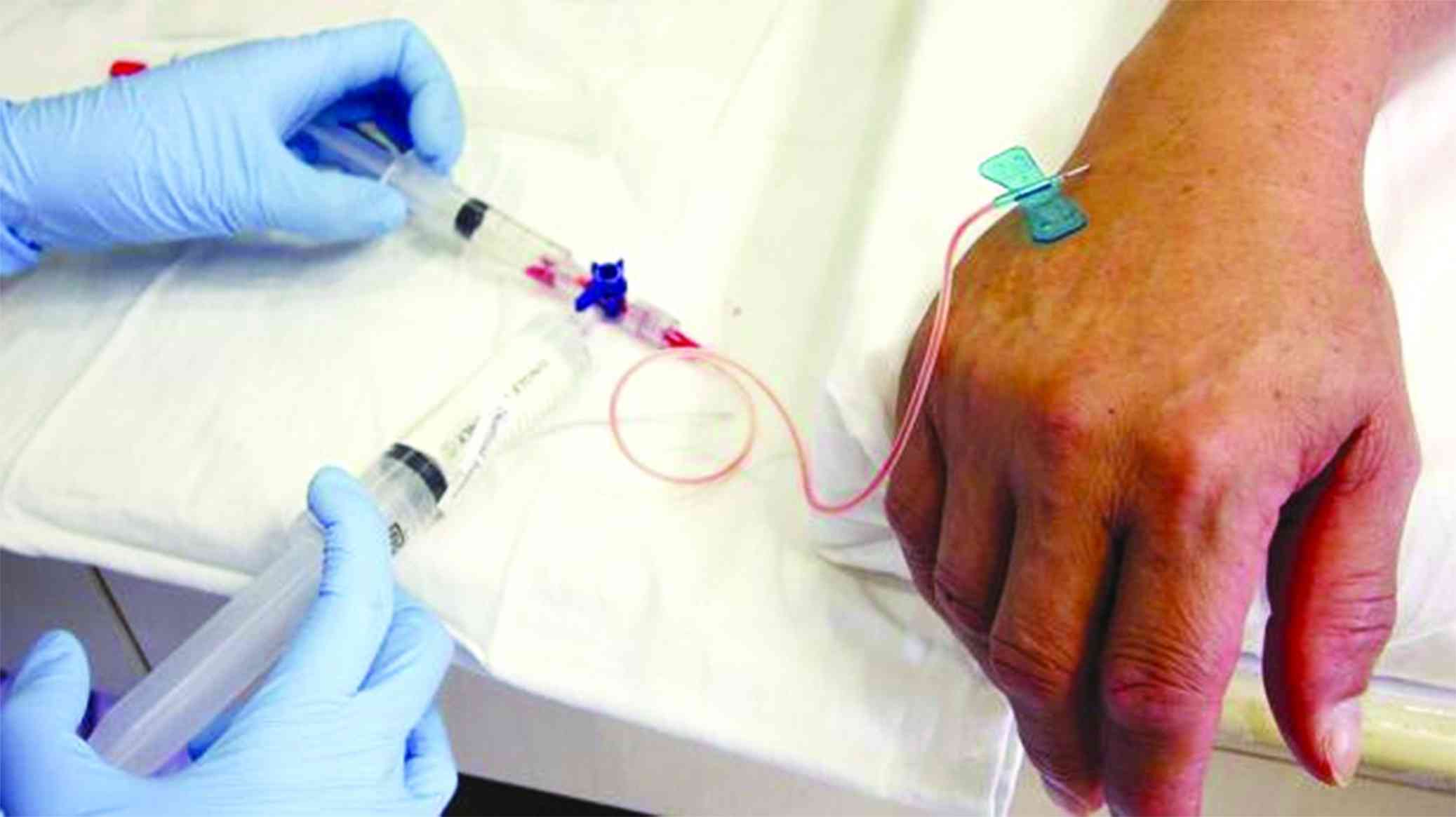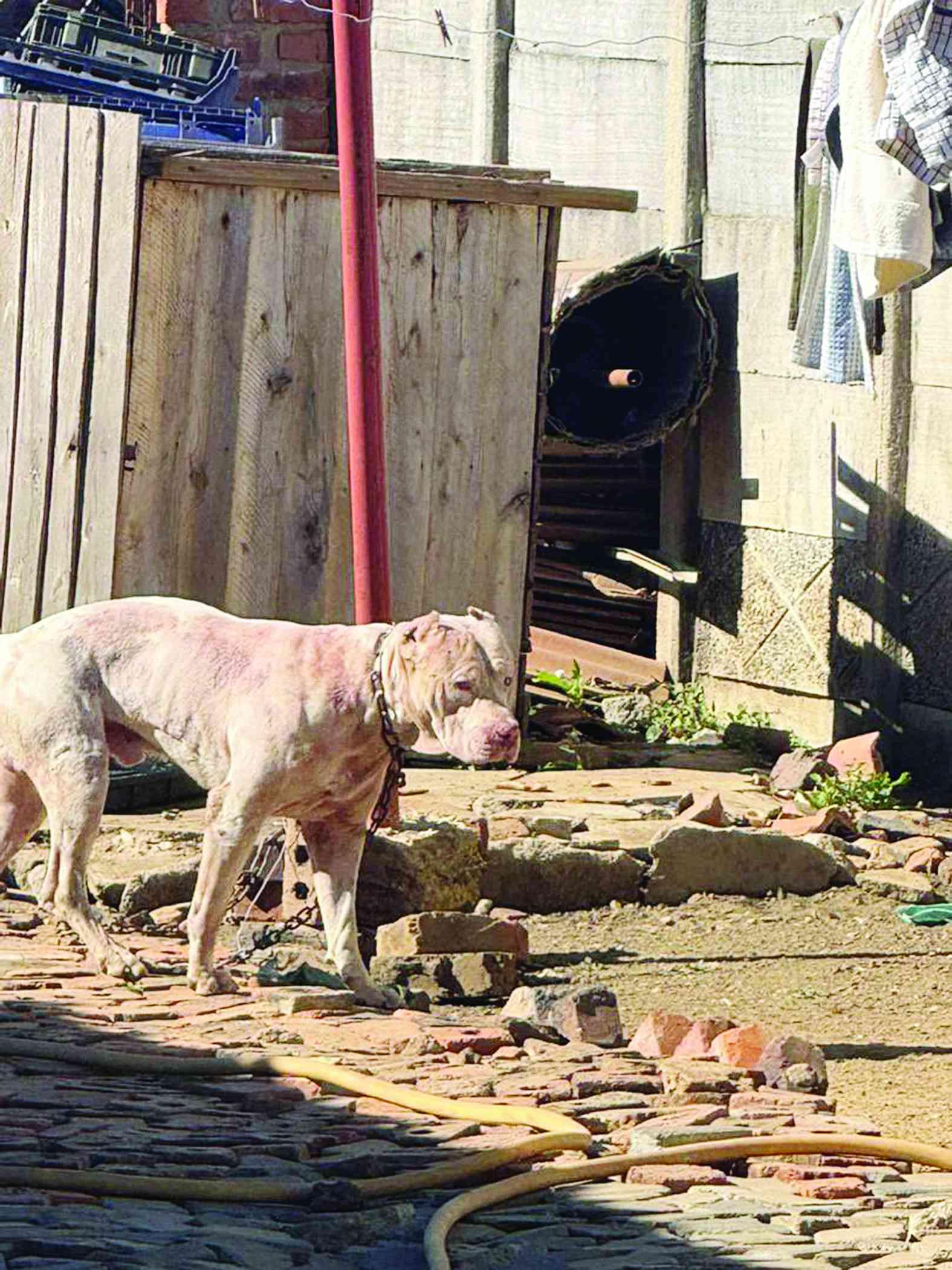
THE government wants us to believe that it is finally doing something with regards to the procurement of cancer machines.
“The Ministry of Health and Child Care has identified the need to procure cancer treatment machines, which have been a critical requirement in the health sector since 2018,” we were told by the Health ministry.
“The Ministry of Health has already started the procurement process for the much-needed cancer treatment machines and has received all the required approvals from the Procurement Regulatory Authority of Zimbabwe.”
Human rights doctors are not asking about the intention to buy cancer machines and other ancillary equipment.
They want to know what has been bought.
They want to know what has been distributed to the country’s public hospitals.
They want accountability for the sugar tax revenue.
At least by now the government should be taking receipts out of the bottom drawer.
- Teachers, other civil servants face off
- Veld fire management strategies for 2022
- Magistrate in court for abuse of power
- Vungu Dam water treatment and irrigation project takes off
Keep Reading
It should show pictures of when the consignments arrived and where they are being kept or have been distributed.
It’s not enough to say the procurement process has begun.
Cancer does not wait for processes to begin.
Cancer does not wait for human rights doctors to press the government to provide answers on when it bought equipment to fight the disease, where it was distributed and if it’s already in use.
Unfortunately, lawmakers are quiet about it, they are only boisterous when presenting to Finance minister Mthuli Ncube their requests for new cars, hotel allowances, etc.
Treasury is failing on all fronts to fully fund the health sector, despite Zimbabwe being a signatory to the Abuja Declaration of 2001, where all signatory countries pledged to set aside 15% of their national budgets for the health sector.
Just this week, the United States announced plans to withdraw from the World Health Organisation.
It is one of the major funders of the global body and its withdrawal, if it takes effect, will put health programmes in many countries in disarray.
One such country is Zimbabwe, whose health sector is largely donor-funded.
A cocktail of other challenges awaits the country, more so if President Emmerson Mnangagwa signs into law the Private Voluntary Organisations Amendment Bill.
Already, we are in a wait-and-see situation, where donor partners are waiting with bated breath to see if Mnangagwa will assent to the Bill.
Some organisations have already been briefed about the situation.
So, the ball is in the Health permanent secretary's court.
Tell the nation how much you have received, which cancer machinery has been procured, where it has been distributed, how much has been used so far and how he thinks the balance will be liquidated.
Statistics show that many people are dying of the disease.
Seeking medical attention at private hospitals costs an arm and a leg.
Data shows that over 8 000 new cancer cases are being diagnosed in Zimbabwe annually amid indications that more cancer patients could be dying due to lack of diagnosis and treatment because of ridiculous treatment-linked costs.
A Zimbabwe Cancer Registry report showed that the total number of new cancer cases recorded among Zimbabweans of all races (including non-melanoma skin cancer) in 2018 was 7 841, comprising 3 301 (42,1%) males and 4 540 (57,9%) females.
Cervical and prostate cancers are the leading causes of death among cancer patients in Zimbabwe.
Cervical cancer remains the most widespread in the country, accounting for 12% of all cancer deaths recorded in Zimbabwe.
Prostate cancer is the second most commonly diagnosed cancer in men, with an 11% share of deaths.
The above statistics are so disheartening.
We need cancer machines in public hospitals yesterday.











